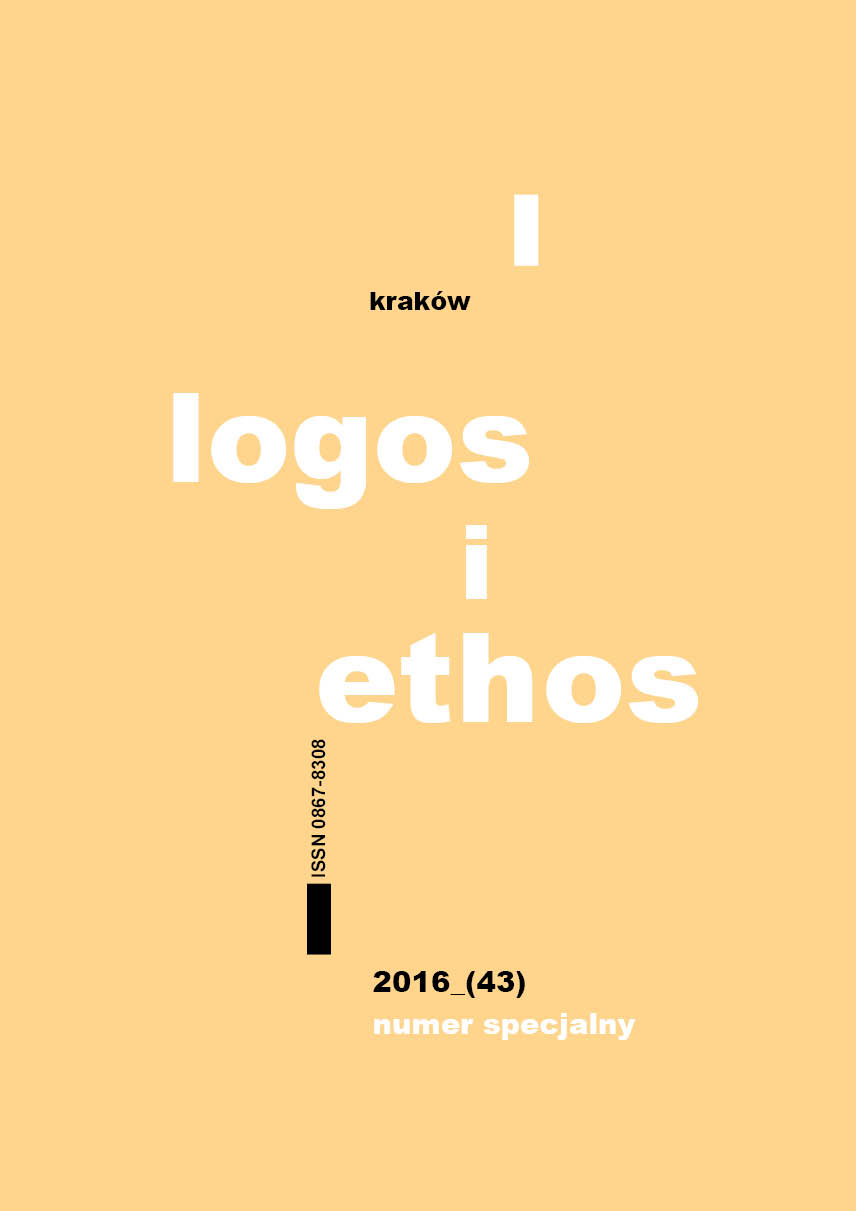The Reign and the Freedom. A Controversial Question in Peter Chaadaev’s Thought
DOI:
https://doi.org/10.15633/lie.1961Słowa kluczowe:
Piotr Czaadajew, wolność, historia, tradycja, osobowość, KościółAbstrakt
Celem artykułu jest analiza myśli Czaadajewa, ze szczególnym uwzględnieniem jego poglądu na spełnienie się chrześcijaństwa na przestrzeni czasu. Podjęto próbę pokazania niespójności jego tendencji do ukazania kształtu autentycznego chrześcijańskiego poczucia historii bez uwzględnienia osoby i roli związanej z nią radykalnej wolności. Czaadajew napotyka trudności dotyczące etyki i wartości ludzkich działań: jeśli dobre postępowanie jest po prostu wynikiem ludzkiego podporządkowania się Stwórcy, wówczas nawet Biblia jest zwykłym owocem Kościoła, książką napisaną dawno temu przez samych ludzi. W tej perspektywie chrześcijańskie rozumienie tradycji jest nie do utrzymania.Bibliografia
Beauchamp P., Parler d’Ecritures Saintes, Paris 1987.
Chaadaev P., The Philosophical Letters Addressed to a Lady, in: The Major Works of Peter Chaadaev, transl. R. McNally, Notre Dame 1969, p. 18–101.
Polenz M., Die Stoa. Geschichte einer geistingen Bewegung, Goettingen 1959.
Second Vatican Council, Dogmatic Constitution on Divine Revelation Dei Verbum, http://www.vatican.va/archive/hist_councils/ii_vatican_council/documents/vat‑ii_const_19651118_dei‑verbum_en.html.
Zenkovsky V. V., A History of Russian Philosophy, vol. 1, transl. G. L. Kline, London 2006.
Zizioulas J., Communion and Otherness. Further Studies in Personhood and the Church, ed. by P. McPartlan, New York 2009.
Трубецкой E., Миросозерцание Вл. С. Соловьева, т. 1, Москва 1913.
Pobrania
Opublikowane
Numer
Dział
Licencja
Autorzy publikujący w czasopiśmie udzielają jego wydawcy zgody o następującej treści:
- Autor zachowuje autorskie prawa majątkowe do utworu, a jednocześnie udziela wydawcy czasopisma zgody na jego pierwszą publikację w wersji drukowanej i wersji online na licencji Creative Commons Uznanie autorstwa 4.0 Międzynarodowe oraz zgody na wykonywanie opracowań, w tym przekładów.
- Autor ma możliwość udzielania zgody niewyłącznej na opublikowanie utworu w wersji, która ukazała się w czasopiśmie (np. zamieszczenia go w repozytorium instytucjonalnym lub opublikowania w książce), wraz z informacją o jego pierwszej publikacji w czasopiśmie.
- Autor może umieścić swój utwór online (np. w repozytorium instytucjonalnym lub na swojej stronie internetowej) jeszcze przed zgłoszeniem utworu do czasopisma.

